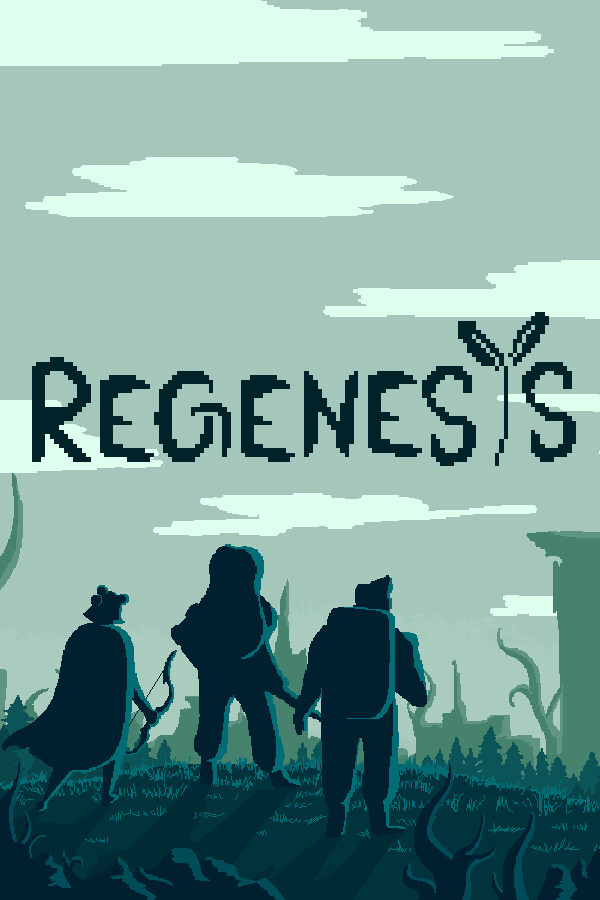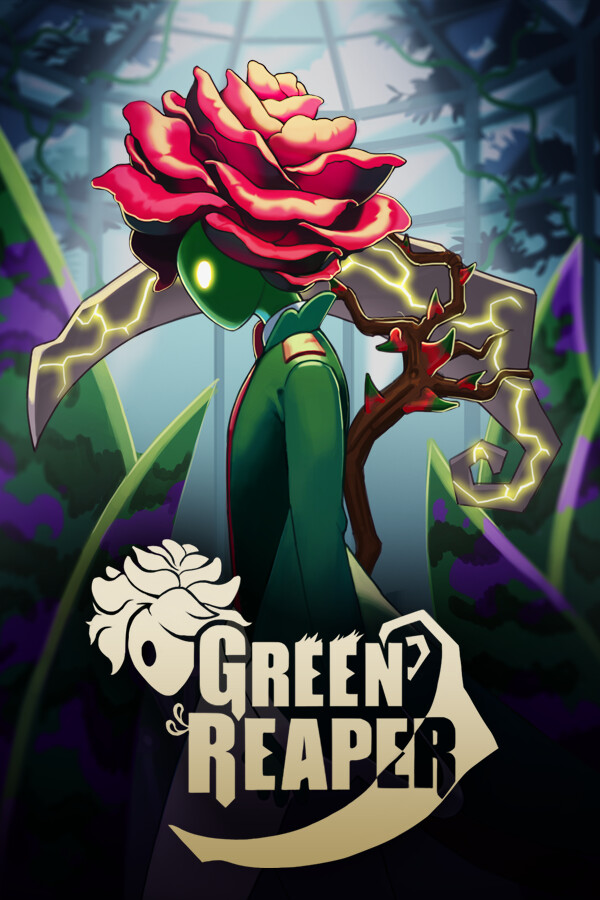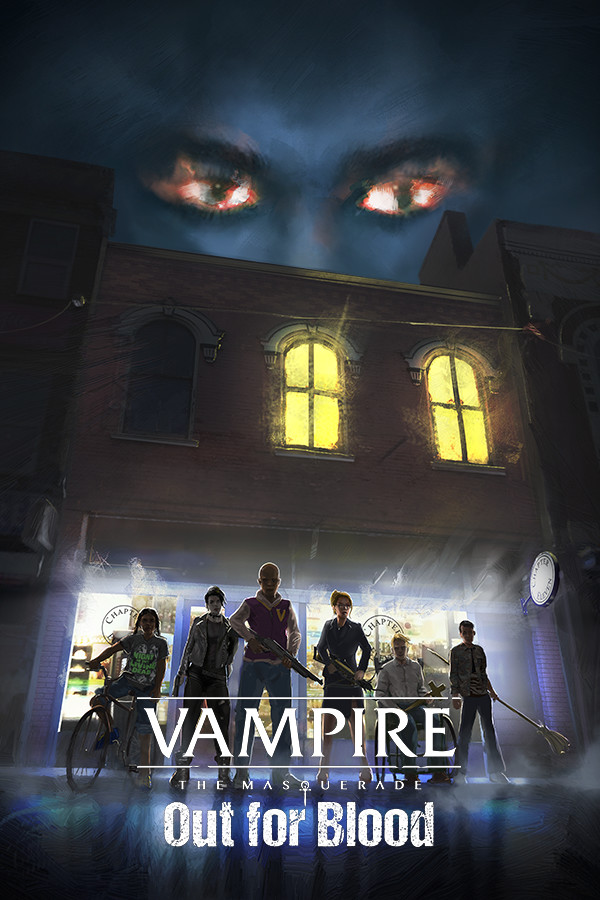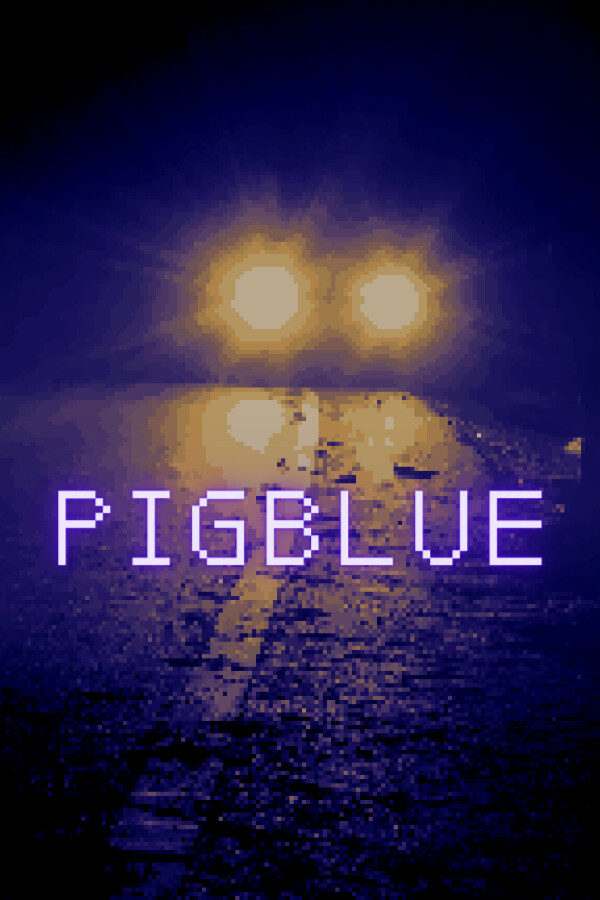
It would appear I've once again bit more than I can chew with big aka open world titles taking way too long to finish. That's with taking into account I've paused some as well. Fortunately, this time I've come prepared with shorter games or those I'd be hard pressed to make a full length review out of. Extra points for ¾ being free so you can check it out any time for yourself, but there are no screenshots or score at the end. Handy opportunity to drag out one of my old formats.
Enjoy the read and have fun.
PIGBLUE ( PC (Steam) – Adventure – 2023 ) + TRAILER
Text-based adventures tend to not invest heavily in visuals which makes Pigblue stand out as it uses both written word and pixel art in tandem to carry its story. Developer does put a disclaimer in the opening, but be forewarned this takes an extremely dark turn.
Our protagonist seems to be dazed as he drives aimlessly in the middle of the night. He's struggling to piece together who he is when voice on the radio seems to speak to him directly with a vengeance. That is, until his car runs out of gas and, well, stops dead smack in the forest. Half-remembering it's been a while since he last saw a gas station he has no idea what to do next, but walk until coming across a boy in the middle of the road. Not long after silhouette of a motel appears and he stops for the night...
Like I said in the opening accompanying pixel art does wonders for already evocative writing, some misspellings aside as it acts as bread and butter of the experience, with both working tirelessly to establish a sinister outlandish atmosphere. Story intentionally presents the protagonist's struggle as one between reality and delusions where the player is constantly left wondering precisely what is going on. Nightmares seem to creep into memories. Subjective narrative aspects aside I was honestly surprised there WERE actual puzzles in a short game like Pigblue since modern adventures/VNs/etc tend to forsake those as relics of the past. I even got stuck on one for good fifteen minutes because I'm a dumb-dumb who can't read or recognize musical notes. Don't expect the age old "use cat to get a mustache" variety here so much as inferring information by carefully reading couple of notes and paying attention to your surroundings.
This is pretty heavy psychological experience and sudden ending revelation might be too much if you're squeamish. Game does give you recourse to answer in kind, though. Major compliments for what is a free, one-man project.

Regenesis ( PC (Steam) – TRPG – 2023 ) + TRAILER
Before judging it too harshly one should keep in mind Regenesis is not only free, but also a student affair. I think both are on display with potential for improvement in future projects.
Earth has fallen on hard times with apocalyptic ecological event driving humanity underground to survive the onslaught of mutated plant life, and other dangers. Our party of three survivors makes subway their home base with support team in tow backing their missions through freshly crafted weapons and bought supplies. I've told you the story in about as many words as the game does and you can forget lore tidbits or fancy descriptions to glean meaning from. Narrative isn't really Regenesis' strong suit, but nor is it a requirement regardless.
What is on display is a rather basic SRPG backed by the closest equivalent to a system seen in Grandia aka there's a timeline at the bottom where both your characters' as well as enemies' activity is shown on. When icons move from left to their rightmost mark characters input and activate their commands. Unlike in the aforementioned JRPG there's no actively delaying enemies by attacking them. What you see is what you get, and without stats or anything that would let you see why someone is acting faster than everyone else you're left to experiment. Which wouldn't be a problem if all combat scenarios weren't boss battles that get tweaked a bit for later levels past the first two. What I'm not-so-subtly saying here is you'll see everything Regenesis has to offer in under an hour and you'll wonder why it even has a crafting system before realizing character abilities are tied to their weapon as each subsequent upgrade switches out one of the four available ones. This leaves your characters with options to move, use ability, use item and, well, wait as you tick down available number of points they get to spend per-turn. Circumventing numerical advantage you have on bosses by giving them cheap movement so they can get to you from anywhere on the map was not my idea of fun, though. Game does have some neat features like Events happening during battles that can change the tide, like wind blowing and sliding everyone by a single tile. Which can potentially knock characters into obstacles and stun them for a while.
What do you have at the end of the day? A very short game that can be completed in under an hour if you just want 100% achievements, but under the hood it's an SRPG that needs way more meat on its bones compared to what it has. If you want difficulty I'd say Regenesis airs on the easy side.

Green Reaper ( PC (Steam) – Action, Platformer – 2023 ) + TRAILER
Having played Green Reaper impression I was left with was one of textbook action platformer, and subsequently discovering it's a student project went hand-in-hand with that newfound knowledge. Not to say that's a slight against the game, though.
As we're slowly drip fed while playing the greenhouse is danger and Goddess invokes Rubin's help to save them all. Needless to say, that's our literal rose-haired protagonist's cue to take the fight to evil purple fungoids investing the place. As you vanquish them you turn twisted landscape into peaceful greens yet again.
What I said in the opening holds true - you have your somewhat floaty movement with basic light + special attack combat, accompanied by customary dodge roll. It's all well-trodden and instantly familiar with any tacked on "progression" systems games are so fond of including these days. There's really no need to pad out a fifteen minute game with such contrivances. What you see is what you get. Only three enemy types are fitting inclusion as well with standout being they'll telegraph every attack they make which took me a second to get accustomed. As a result you're paying less attention to wind up animations, big guys at the end notwithstanding, and more at exclamation marks popping over their head. I'd say simple combat stakes claim to about 3/4 quarters of Green Reaper with the remaining quarter belonging to rudimentary platforming. Landing on rose flows to propel yourself up high is about as complex as it gets. Sadly, there's no narrative big bead to handle at the finale, but rather a gauntlet of enemies to slash through with your scythe.
All of the above might come across as somewhat negatively tinted and yet that's not my intention. This is simply a case of "what you see is what you get" at its most distilled. Game did get my GPU fans spinning something fierce beyond what these visuals should be capable of which might be attributed to Unity engine powering it as I have experienced it before.

Vampire: The Masquerade - Out for Blood ( PC (Steam) – CYOA – 2021 ) + TRAILER
I haven't played many CYOAs as far as video games go, but I am familiar with the concept from various books tackling the very thing over the decades. Backed by Vampire: the Masquerade's license, which seems to have thrived insofar as CYOA titles go, Out for Blood has to be intentionally miscategorized. This is no Vampire game, but rather a Hunter one. Something to keep in mind if you're going into this with certain power fantasies... which may yet be realized.
Our story takes place in Jericho Heights, town with under 20 000 residents as our [INSERT NAME HERE] protagonist returns having received the news that his grandfather had died, and left you a store as inheritance. Cutting a long story short you'll rekindle old friendships, discover that something has subtly gone wrong in this quaint town, and depending on what kind of a character you build will have impact on HOW you go about it. Since this is exclusively a text-centric affair, baring some pieces of art for characters and chapter titles, it means author's imagination and responsiveness to your choices are only limited by the word count. And yes, there are certainly limits here as you're not working within a sandbox scenario aka there's a fixed mystery to unravel, but what tidbits you discover will depend on your choices/type of character. To put things into perspective - there are TWELVE endings to a game that lacks manual saving and only one autosave slot. Expect replays aplenty if you want to discover all the hidden angles or hunt for achievements. Twice was enough for me and even then some parts I didn't even get a whiff of with my second character.
Something I was extremely pleased to see was implementation of a proper tabletop character sheet you not only get to make full use of during character creation, but also add to as you accumulate experience. Needless to say you will be using said Attributes, Skills and Backgrounds while playing the game although I wish it was more transparent in how exactly they're being employed. You see what's used in a specific action, such as STR + Combat, but you have no idea what chance you actually have at succeeding as you cannot see what you're rolling against. In essence you'll want to keep an eye on your character sheet and concept you're going with in mind before committing to choices. There's also a matter of ever-fluctuating relationship points you have with characters, both allies and antagonists, which come into play at certain points. As well as Paths your character can adhere to. And no, for Vampire: the Masquerade aficionados out there these are not the Paths you're thinking about. Out for Blood is hellbent on being a foremost narrative experience so you have to enable the Storyteller Mode just to see actual numerical values shift or you'd have no way to know that, for example, bringing up a certain topic increases Salem's stress. Not showing the player how it all works under the hood probably culminates in endings themselves. Some obvious factors like deaths or major choices aside, they end up being a combination of exactly those things game has decided to keep hidden from you.
So, would I recommend this one? CYOA holds limited appeal considering games are a visual medium, but I enjoyed the writing quite a bit. I was honestly surprised how much unique content my smooth talking faith-based character had. In comparison my second run with a pugilist marksman landed me a more straightforward deal, although I also fared better in situations I had to carefully tread in diplomatically before. There's a beautiful pin drop moment when realization hits the group and protagonist goes something along the lines of "they all have to die", and I was inclined to agree. Your mileage may vary.
I can never get over how beautiful your layout is! Nice progress these are some interesting games I’ve never heard of!

As a platformer fan, it’s pretty depressing that the modern idea of a “textbook action platformer” is only 1/4 platforming and 3/4 hack ‘n’ slash, something which used to be considered a separate genre (and one I don’t like that much). I blame Dust: An Elysian Tail for popularizing this misconception.
That’s why I almost hesitate to call it such in most cases, but it does exist as you’re not just wading through enemies and are jumping on platforms to navigate through levels. I wonder how long until it becomes part of the nebulous “action adventure RPG” melting pot.
Okay, but, like…does the platforming actually add anything meaningful, or is it barebones and rudimentary and barely 1/4 of the 0.3-hour-long experience? For real, Double Dragon also has parts where you need to leap over gaps, but nobody calls that game a platformer because its gameplay and challenge are predominantly on the beat ‘em up side of things. Evoland 2 has three or four mandatory SHMUP segments, but nobody calls that game a shooter, etc.
Just because other people are wrong doesn’t mean you need to be part of the problem as well. At least don’t call it a “textbook example” if you’re hesitant that’s what it even is an example of in the first place.
I’d say being unable to progress without it is meaningful enough, but you are ultimately right. Genres are simply no longer distilled the way they used to be for my taste.
That’s why I called it a textbook example of action platformer, though - because it falls under that vaguely defined fusion where anything goes. I didn’t mean it as representative of two separate genres.
Be the change you want to see in the world. Instead of calling it an action-platformer (a term that includes platformers without hack ‘n’ slash mechanics), call it a hack ‘n’ slash with platformer elements.